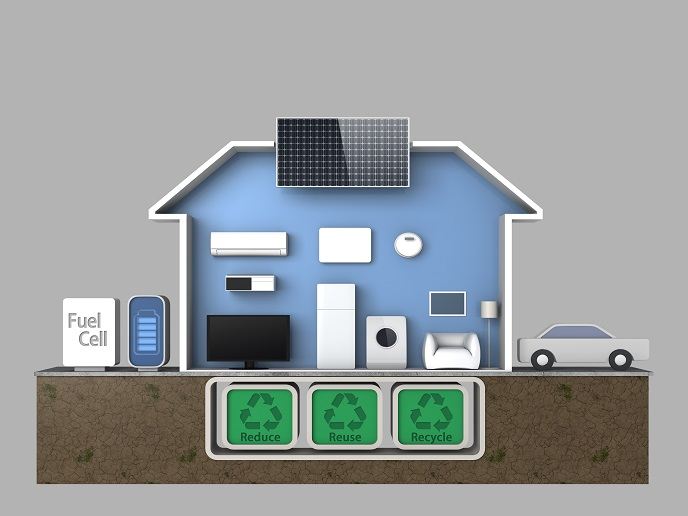Harmonising standards for fuel cell technology
Researchers working on the EU-funded ‘Harmonisation of standards and regulations for a sustainable hydrogen and fuel cell technology’ (Harmonhy) project set out to evaluate gaps in the existing framework and propose solutions leading to the global harmonisation of regulations, codes and standards (RCS). The secondary objective was to enhance European collaboration and thus Europe’s worldwide position in the potentially huge fuel cell market. Investigators first mapped the current activities in hydrogen and fuel cell RCS in international organisations, with a focus on the United Nations Economic Commission for Europe (UNECE), the International Organization for Standardization (ISO) and the International Electrotechnical Commission (IEC). Results indicated the need for further collaborative structures to avoid discrepancies in RCS. Review of available data supporting RCS development focused on establishing a common data collection procedure and identifying potential international research collaborations. Investigators also established the need for stronger partnership among regulatory bodies and technical committees of standards developing organisations (SDOs). An analysis of industrial and societal needs demonstrated that international technical committees of ISO and IEC are working together to overcome RCS conflicts but that the same is not true at the national level, leading to duplication of regulatory work and resulting in conflicting standards. Regarding road vehicles, manufacturers want uniform global regulations to enhance global sales opportunities but current European and Japanese approaches are often at odds. More problematic is the complete lack of an international body responsible for harmonising RCS for stationary applications. Harmonhy has evaluated gaps in global and national hydrogen and fuel cell technology RCS and highlighted numerous areas for greater partnership and collaboration. Implementation of Harmonhy recommendations should greatly enhance the use of sustainable hydrogen and fuel cell technology in mobile and stationary applications with important benefits for manufacturers, consumers and the environment.







